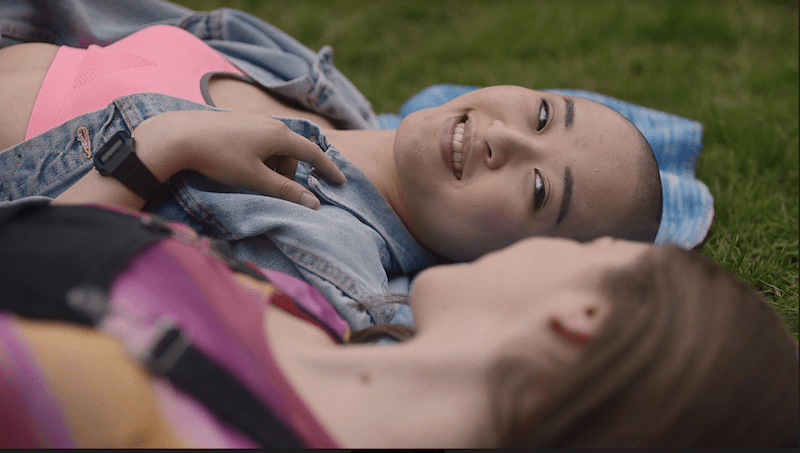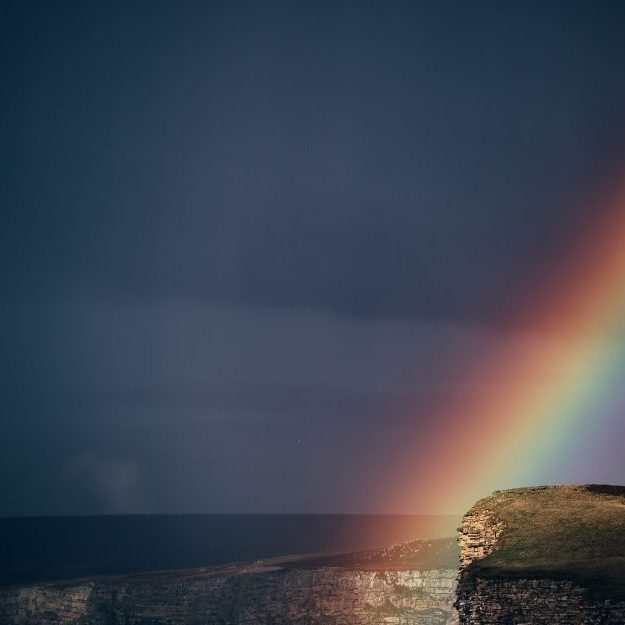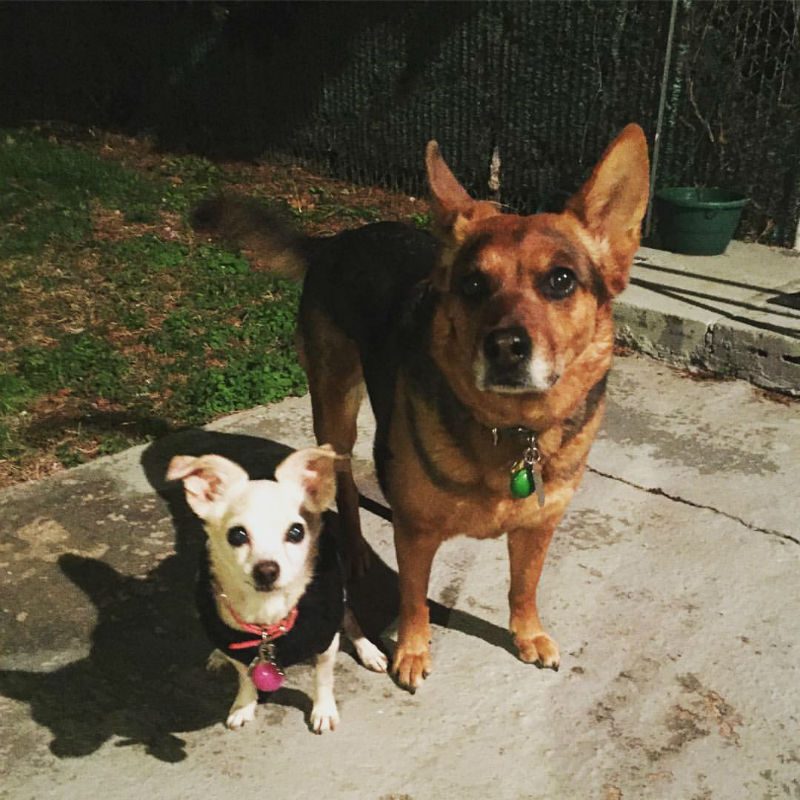 UK majority cares more about animal rights than racial, LGBT+ and gender equality
UK majority cares more about animal rights than racial, LGBT+ and gender equality
The majority of Brits are more likely to care about animal rights than gender equality or tolerance for people with different sexualities and/or gender identities according to new research revealed by Pride in London today.
When asked to choose three from a range of issues that concern them about the future, just 3% of cisgender straight people from a nationally representative survey stated concern about tolerance for those with different sexualities and/or gender identities vs 44% LGBT+ respondents to an identical survey distributed by Pride in London.
Only 2% of cisgender straight Brits highlighted gender equality as a concern vs. 22% of the LGBT+ respondents.
The research from the volunteer-run Community Interest Company, which organises the world’s largest LGBT+ festival and a parade for 30,000 participants through London shows a troubling difference between the experiences of cis-gendered straight people and LGBT+ people, with half of the country unconvinced of basic LGBT+ human rights.
Just 49% of all cisgender straight Brits, from the nationally representative survey, completely agree that everyone in the LGBT+ community has the right to live their life as who they are and without fear of judgement or prejudice.
When it comes to being out, over one in 10 gay men (12%) and almost one in five lesbians (17%) responding to Pride in London’s survey are not out to their family. This increases for bisexual (46%) and asexual, queer, pansexual, polysexual (AQPP) respondents (40%).
Lesbian respondents to Pride in London’s survey (74%) are less likely than gay men (86%) to be out to their colleagues and over half of all bisexuals surveyed (56%) and AQPP (52%) are not out to colleagues at all.
This tends to be even higher for people from Black, Asian and Minority Ethnicities.
This has a huge impact on how people from the LGBT+ community live their daily lives and the research run with YouGov also highlighted:
LGBT+ respondents agreed it is harder for them to be their true selves compared to straight/ cisgender people (84%)
Less than a fifth of LGBT+ respondents feel comfortable showing affection to a partner in public (17%)
Two fifths of LGBT+ respondents in London have felt threatened by others (44%) and a third have suffered verbal abuse (36%) in the last year because of who they are
10% of transgender respondents feel that LGBT+ people are less accepted in society than five years ago, and almost two thirds have felt threatened by other people’s behaviour towards them in the last year alone (64%)
7% of LGBT+ respondents believe that the UK will become less accepting towards LGBT+ people in general in the next five years
The findings have been collated into the ‘Pride Matters’ report, one of the most comprehensive comparisons between experiences of straight people and LGBT+ people in the UK.
The report has been backed by Sadiq Khan, Mayor of London, who said: “We’ve come a long way in the fight for LGBT+ equality, which is something we should celebrate. But we can’t be complacent. Far too many people in our city are still facing discrimination and prejudice because of their sexuality or identity.
“London is home to people of every nationality, ethnicity and walk of life, and it’s hugely important to me that members of our LGBT+ community feel completely comfortable to be themselves.
“Pride is a perfect opportunity for us to come together to celebrate the amazing contribution our LGBT+ community makes to all our lives. I know that it will once again show that London is open to everyone, regardless of age, race, religion, disability, gender or sexuality.”
Pride in London also looked at the role of Pride in 2018, some 46 years after the first march through the streets of London. What started out as a protest has now evolved, with 78% of LGBT+ respondents to Pride in London’s survey seeing Pride as a celebration.
The question asked through the Pride in London survey was: Which, if any of the following words do you most associate with LGBTQ+ Pride in the UK?
Celebration – 78%
Parade – 76%
Equality – 64%
Diversity – 62%
Unity – 54%
Party – 54%
Big crowds – 53%
Human rights – 51%
Activism – 42%
Movement – 37%
Commercial – 36%
Politics – 32%
Demonstration – 28%
Protest – 24%
Struggle – 24%
Don’t Know – 1%
While celebration was the most popular association with Pride, 50% of AQPP people and transgender people responding to Pride in London’s survey, and 43% of bisexual people stated Pride stands for activism – highlighting the work to be done for marginalised groups.
Over four in five (82%) of the LGBT+ community agree that Pride is, “an important reminder that the fight for equality is not yet won”.
Half of LGBT+ Londoners have been victim of a hate crime. We’ve come a long way, but there’s a way to go. #PrideMatters as much as it ever has done. pic.twitter.com/MYc3YfCBKh
— Pride in London (@PrideInLondon) 21 June 2018
“Our Pride Matters report highlights the very precarious position we find ourselves in as a nation,” said Alison Camps, Co-Chair of Pride in London.
“We are living in times when the UK is actually going backwards in terms of our international standing on LGBT+ rights, when hate crime is on the rise, and when equality is being used as a bargaining chip by political parties.
“Our research shows that although many in this country may think LGBT+ people have achieved equality, the reality is that we are by no means ‘equal’.
“As a nation, this is not something we can be complacent about and as the organisers of Pride in London, we commit to fighting prejudice in whatever form we see or encounter it, to give a voice to those who are marginalised, ostracised and demonised within our communities.
“Together with our straight allies we see it as our collective responsibility to challenge harmful attitudes across society and highlight the reality that LGBT+ people face in all aspects of their lives”.
The findings from the Pride Matters report were also analysed to develop this year’s campaign film to accompany the 2018 theme of Pride Matters (#PrideMatters).
It features a striking re-recording of the iconic song, Somewhere Over the Rainbow. The two-minute short film has an entirely LGBT+ cast and includes trans couple Jake Graf and Hannah Winterbourne who married earlier this year.


